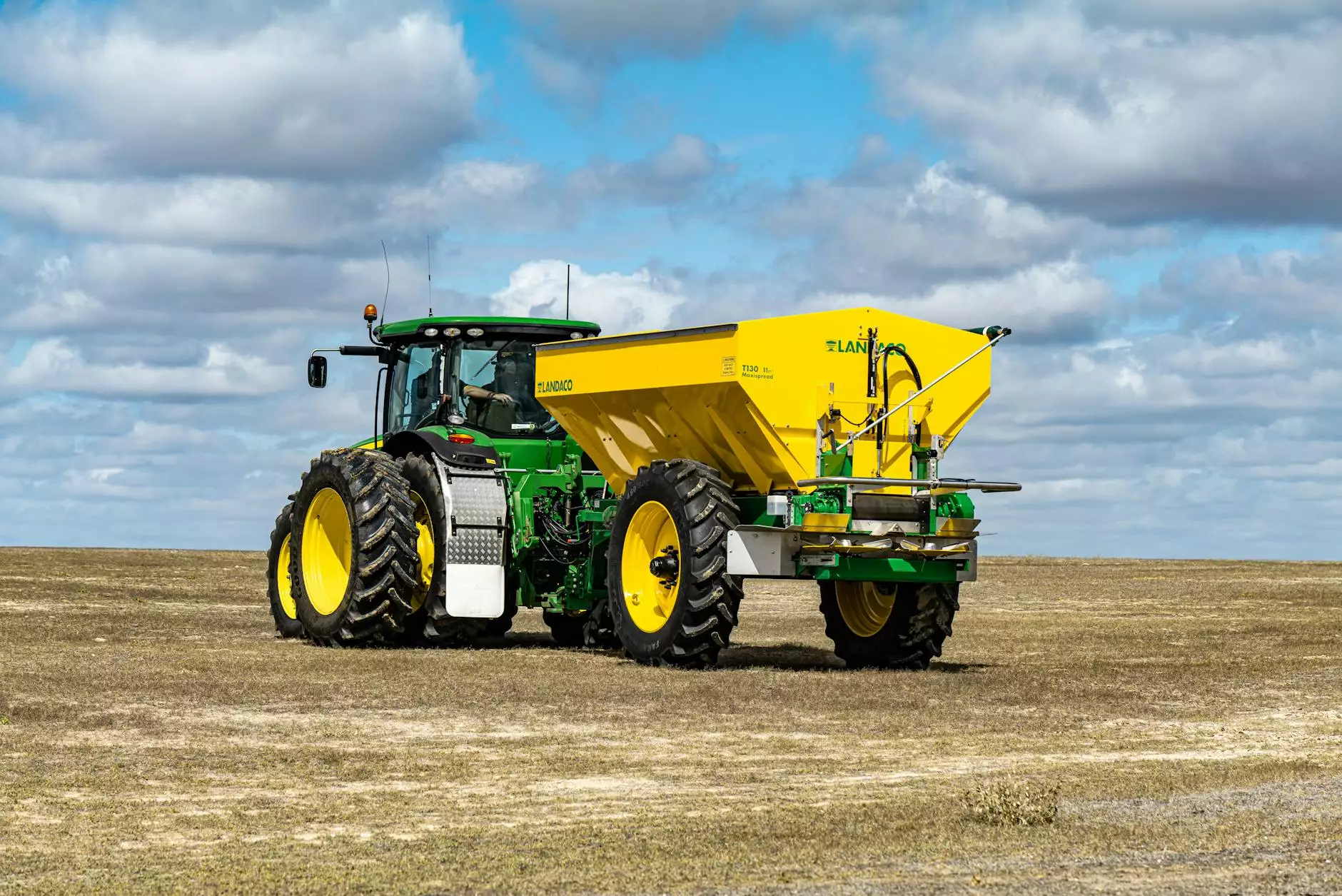The Importance of Grain Monitoring Systems for Modern Farming

When it comes to efficient and successful farming operations, staying ahead of the curve with cutting-edge technology is crucial. One such innovation that has revolutionized the agricultural industry is grain monitoring systems. These advanced systems have become an indispensable tool for farmers looking to optimize their grain storage, ensure quality control, and maximize their yields.
Enhancing Farm Operations with Grain Monitoring Systems
Grain monitoring systems play a vital role in modern farming practices by providing real-time data and insights into the condition of stored grains. These systems offer farmers the ability to monitor crucial factors such as temperature, humidity, and moisture levels inside grain bins or silos. By having access to this valuable information, farmers can make informed decisions to prevent spoilage, reduce wastage, and maintain the quality of their grains.
The Benefits of Investing in Grain Monitoring Systems
For businesses in the Farm Equipment Repair and Farming Equipment industries, integrating grain monitoring systems into their services can bring a host of benefits. Here are some key advantages:
- Improved Efficiency: By automating the monitoring process, grain monitoring systems help farmers save time and resources, allowing them to focus on other important aspects of their operations.
- Enhanced Quality Control: With precise data on grain conditions, farmers can ensure that their produce meets the highest quality standards, leading to better marketability and customer satisfaction.
- Maximized Yields: By detecting potential issues early and taking preventive measures, farmers can optimize their storage conditions and increase their overall harvest yields.
Key Features of Grain Monitoring Systems
Modern grain monitoring systems come equipped with a range of features that make them indispensable tools for farmers. Some of the key features include:
- Remote Monitoring: Farmers can access real-time data from their grain storage facilities conveniently from their smartphones or computers, ensuring constant oversight even from a distance.
- Alert Systems: These systems are equipped with automated alerts that notify farmers of any deviations from optimal conditions, allowing for quick intervention and problem resolution.
- Data Logging: Detailed logging of historical data enables farmers to track trends, identify patterns, and make well-informed decisions based on past storage conditions.
Choosing the Right Grain Monitoring System
When selecting a grain monitoring system for your farm or agricultural business, it's essential to consider factors such as ease of use, compatibility with existing equipment, data accuracy, and ongoing support from the manufacturer. By investing in a high-quality system tailored to your specific needs, you can ensure seamless integration and maximum benefits for your operation.
Conclusion
In conclusion, the role of grain monitoring systems in modern farming cannot be overstated. As technology continues to advance, these systems will play a crucial part in helping farmers optimize their processes, improve efficiency, and achieve greater success in their agricultural endeavors. For businesses in the Farm Equipment Repair and Farming Equipment categories, embracing grain monitoring systems is a strategic decision that can lead to increased productivity and profitability.





